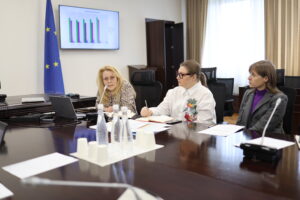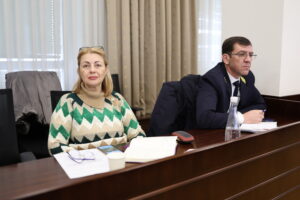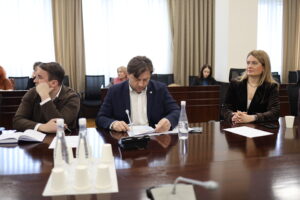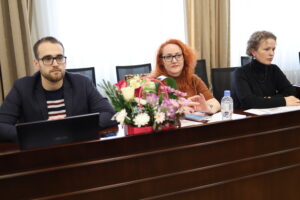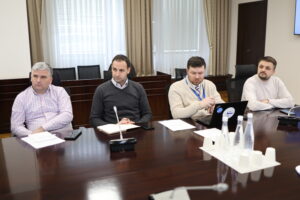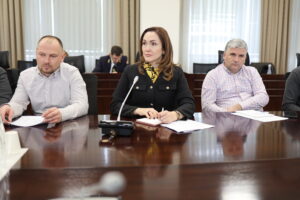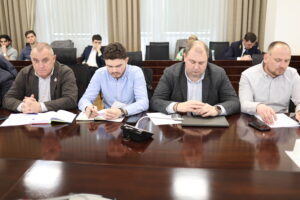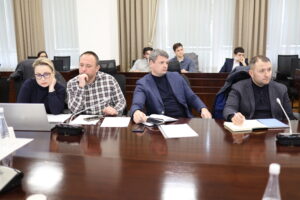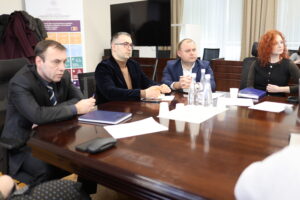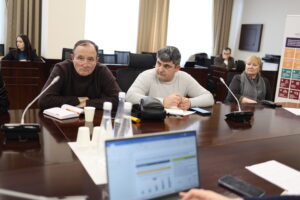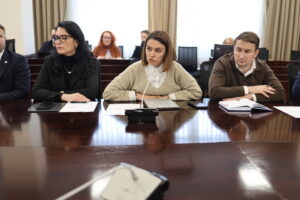ECONOMIC COUNCIL TO THE PRIME MINISTER OF THE RM
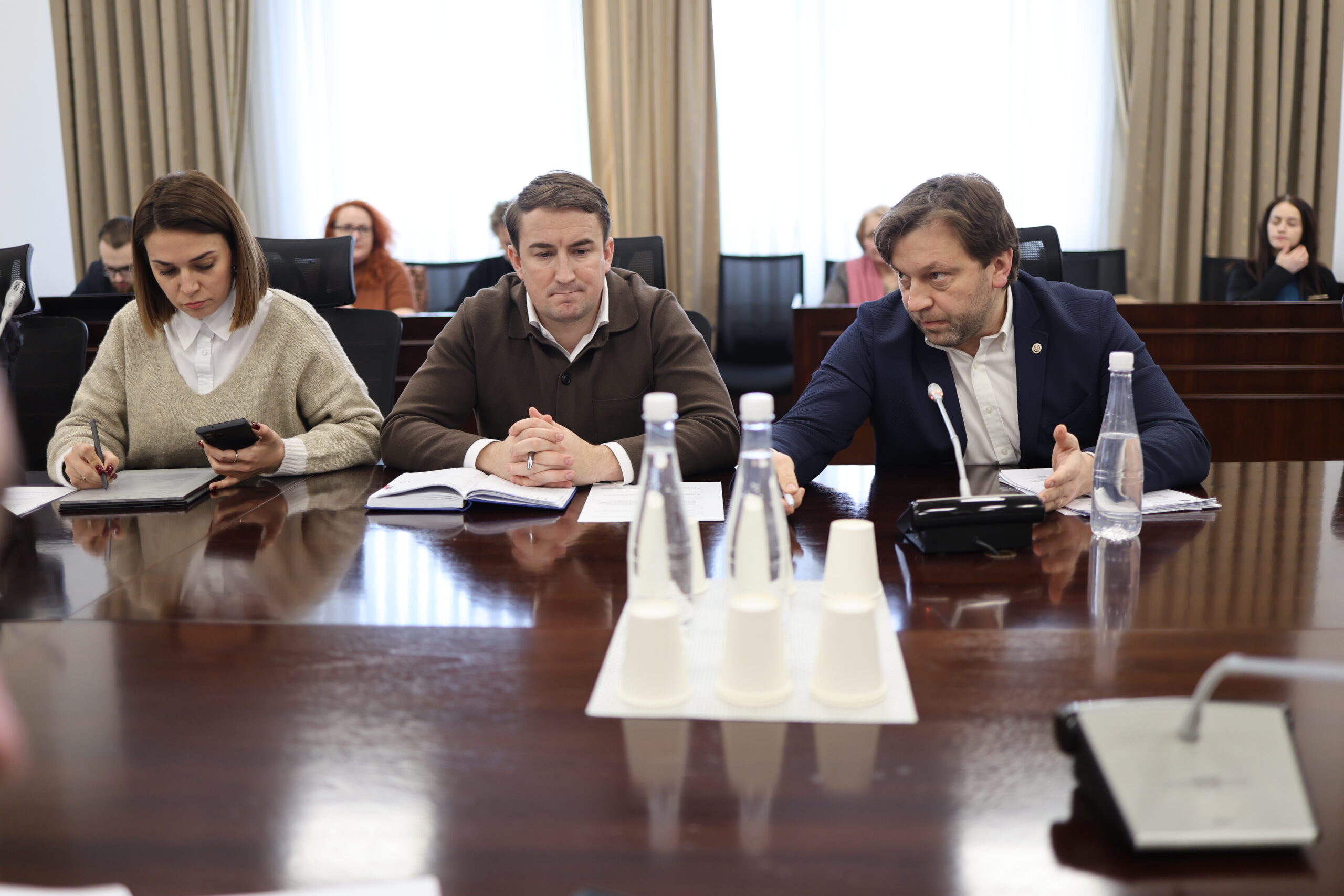
The authorities of the Republic of Moldova will initiate dialogues with the European Union to negotiate an increase in EU import quotas in accordance with the Association Agreement/DCFTA. The expansion of trade liberalization with the European Union can bring both benefits and challenges for certain economic sectors in Moldova.
For instance, Moldovan poultry, pork, and dairy producers may face difficulties due to EU imports, which benefit from advanced production standards and economies of scale.
Dumitru Alaiba, Deputy Prime Minister and Minister of Economic Development and Digitalization, and Ludmila Catlabuga, Minister of Agriculture and Food Industry, discussed this topic with members of the Economic Council whose work is closely related to this issue, as well as representatives from the poultry, pork, and dairy processing industries and fruit exporters to EU member states.
The event was attended by representatives of industry associations involved in trade with the EU or potentially affected by the expansion of trade liberalization with the European Union. In this context, Dumitru Alaiba emphasized that a key aspect of the discussions with the EU will be securing permanent liberalization for Moldovan fruit exports, such as plums, apples, and grapes, thereby strengthening their access to the European market.
Exporters welcomed the initiative to expand quotas and remove trade barriers, highlighting that it will facilitate production growth and attract additional investment in agriculture. At the same time, meat and dairy producers expressed concerns about the impact of competition with European producers, requesting protective measures and government support to maintain competitiveness.
Dumitru Alaiba reaffirmed the government’s commitment to balancing trade expansion with the EU while protecting local industries. “It is essential to capitalize on the opportunities provided by the Association Agreement/DCFTA while also considering the effects on our producers. We will continue the dialogue with the European Union to find solutions that support both exporters and economic sectors that may be affected by these changes,” the minister stated.
The Association Agreement between the European Union and the Republic of Moldova, signed in 2014 and in force since 2016, established the Deep and Comprehensive Free Trade Area (DCFTA), which gradually removes customs duties and trade barriers, facilitating Moldovan products’ access to the EU market. For certain agricultural products, such as grapes, apples, and plums, annual tariff quotas have been set, allowing duty-free exports. For example, the quota for apples is 40,000 tons per year. In May 2024, the EU extended trade liberalization measures with Moldova until 2025, allowing the duty-free and unrestricted export of products such as grapes, tomatoes, and cherries.
Discussions with European partners will continue in the coming period, as Moldovan authorities aim to secure the most favorable conditions for domestic producers, thereby strengthening Moldova’s position on the European market.

The Secretariat of the Economic Council to the Prime Minister is supported by the European Bank for Reconstruction and Development, funded by the UK Government’s Good Governance Fund.
Stay ahead in a rapidly world. Subscribe to Prysm Insights,our monthly look at the critical issues facing global business.


